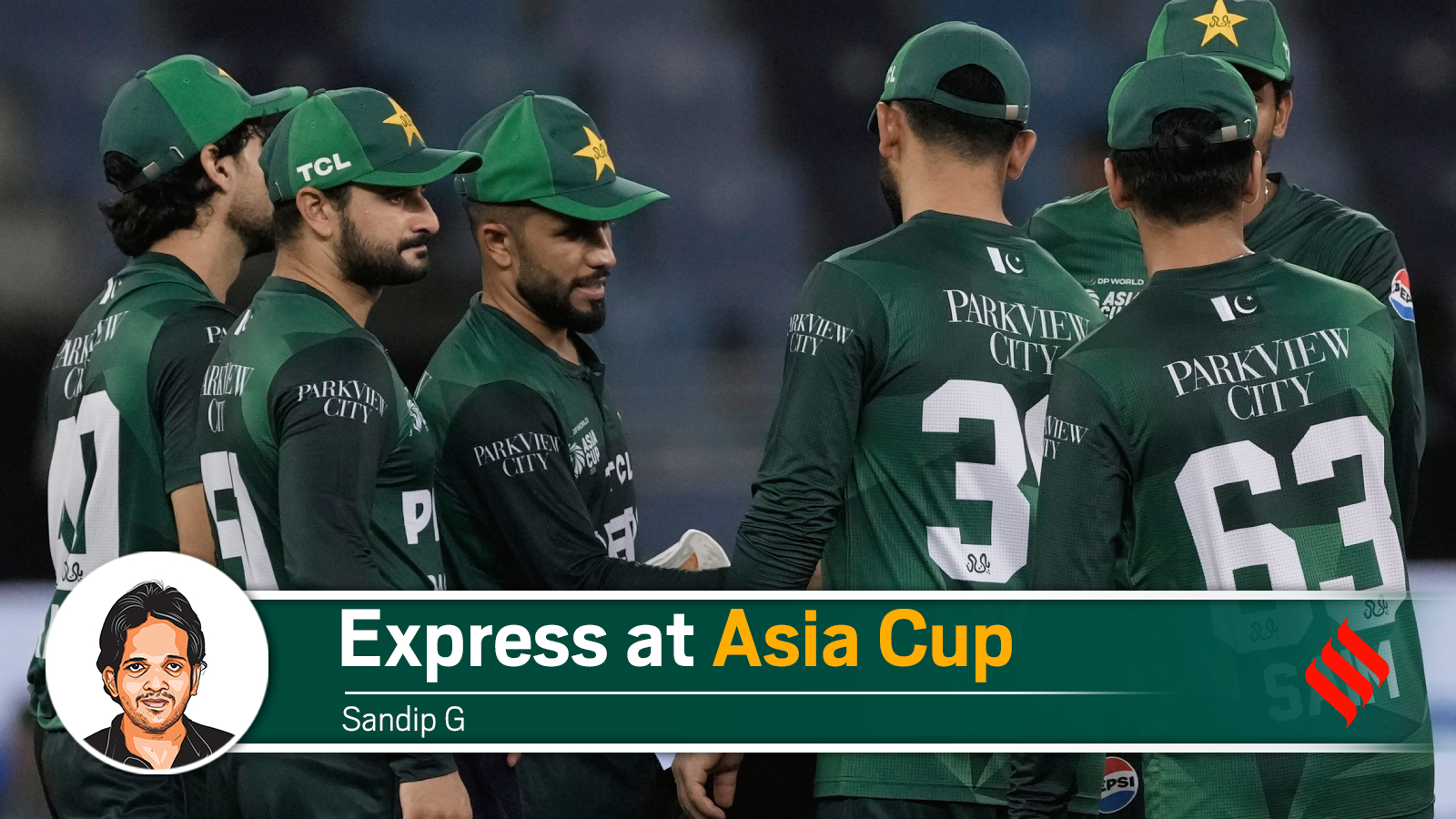ARTICLE AD BOX
Botswana’s 200m Olympic champion, Letsile Tebogo is thankful he took up sport – long distance running at first, then football, and eventually sprints, which made him a star. Growing up in his hometown Kanye, Tebogo could have been sucked into the world of crime. But Botswana’s first-ever Olympic gold medalist stayed on the straight path.
“Without sport in my life, I don’t even want to think where I will be, because the neighbourhood I was growing up in was very, very dangerous and I am happy sport came in because there are a lot of youngsters who I know are behind bars. And those are the same people I used to hang around with. And without sport, I also really believe I would be behind bars because that was the only way we knew of,” Tebogo said in a newly-released two-part World Athletics documentary ‘Built for Speed: The Letsile Tebogo story.’
Botswana President Mokgweetsi Masisi, hundreds of traditional dancers and thousands of people welcomed Tebogo when he returned home after winning the Olympic gold in Paris. Now, the World Athletics Championships in Tokyo, which starts on Saturday, is an opportunity for Tebogo to plant a flag for Botswana again. A podium finish by the 22-year-old will add another chapter to the rise of African sprinters.
Namibia’s Frankie Federicks was the pioneer in the 100m and 200m sprints but a barren run followed after his combined eight-medal haul at the Olympic Games and the World Championships. South Africa’s Wayde van Niekerk took forward Fredericks’ legacy, winning a silver in the 200m at the 2017 Worlds, but it was 400m where he set the track on fire, by winning two gold medals at the World Championships and one at the Olympics Games. South Africa’s Akani Simbine has been the nearly-man, his latest heartbreak a fourth-place finish at the Paris Olympics.
Before Tebogo, Kenya’s Ferdinand Omanlaya inspired hope of the distance-running country, winning a major medal in the 100m. He set an African record of 9.77 seconds, won a Commonwealth Games gold, but glory on the big stage has eluded him so far. Among the women, Nigeria’s Tobi Amusan, the world record holder in the 100m hurdles, and Marie Josée Ta Lou-Smith of Ivory Coast, with medals in 100m and 200m at the World Championships, have made big strides.
Tebogo, however, made the biggest impact this century, when he stunned Noah Lyles at the Paris Olympics and, in the proces,s denied the American a sprint double. Ahead of the World Championships, Lyles laid down the marker by edging out Tebogo by two-hundredths of a second at the Diamond League Final in Zurich. But the understated Tebogo sounded confident ahead of the sprint showdown against the flamboyant Lyles.
“I’m one person who always shies away from the media, but the sport forces me to step up my game to become a sports personality,” Tebogo said. “At the end of the day, it’s all about what you want to see: to be in the spotlight or off the spotlight. For me, I choose off the spotlight and then just my legs do the talking.”
Story continues below this ad
After beating Lyles at the Paris Olympics, Tebogo caused surprise with his comments about Lyles. “I can’t be the face of athletics because I am not an arrogant or loud person like Noah. So I believe Noah is the face of athletics,” Tebogo had said. This was more of a case of Tebogo being reluctant to project himself as a poster boy of sprinting rather than him criticising Lyles.
The moment, however, took away the attention from the comeback story of Tebogo. He had lost his mother Seratiwa in May last year following a brief illness. A single mother Seratiwa, was a guiding force for Tebogo. Tebogo was not by her side when she passed away. Stricken with grief, he nearly gave up the sport. “I remember… almost three weeks of doing nothing, just (at) home sleeping. I didn’t have the motivation to start training,” Tebogo said in the documentary. His training partners, aware that Tebogo was staying away, dropped in one day and asked him to come to watch them at the stadium. From the stands, a question crossed Tebogo’s mind: “Will she (his mother) be happy if I left the sport?”
After starting off with one lap the next day, Tebogo decided to return to the track by the end of the week. “…there was a lot of pain inside that needs to go out… and the only way I can do it is through running,” Tebogo said in the documentary. The target Tebogo and his coach, Kebonyemodisa Mosimanyane, was the 200m gold at the Olympics. By then, his coach knew Tebogo was ready to challenge the best in the world. ” As soon as he said he was going to do it for his mother, everything just changed,” Mosimanyane said.
When he won the gold, Tebogo held up one of his spikes for the cameras. On it was written the date of birth of his mother. A poignant moment after a history-making run for sprints in Africa and Botswana.



.png)
.png)
.png)
























 English (US) ·
English (US) ·